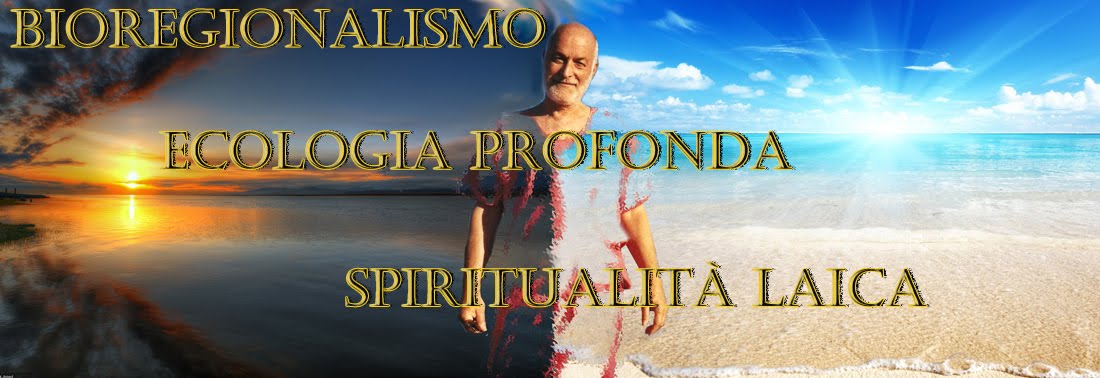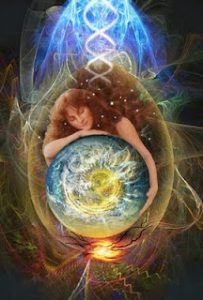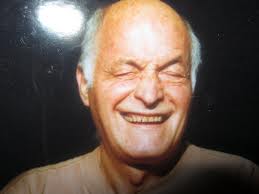Observing what happens in nature and among animals and observing the natural instincts of man we can not help but find behavioral similarities, especially in the sexual sphere.
Sexuality in humans is a powerful engine that drives us towards a specific direction ... But sexuality is also culture, it is also a source of spiritual research. In fact, sexuality is a means by which to complete the ascent path towards the unitary consciousness. Even in devotional mysticism, ecstasy is the result of a strong "sexual" concentration. Trying to find a synthesis between what is spontaneous and natural and what is part of social expectations or customs it is necessary to go to the discovery of an "ecological or lay sexuality" in which to recognize us.
To obtain a satisfactory result in our research we must first of all carry out an operation of detachment and discernment. Observing the primordial drives without falling into the identifying trap with them. Despite appearing that man has everything in his hands, in fact it is not so. The fact is that if we did not feel that we are doing something of our own will we would not have satisfaction in acting. So we think we decide.
But the force that drives us to action, call it nature, mind, God, vital energy or any name, makes us move without our knowing it. We can indicate the action performed as "ours" only after it has happened. But if it were not so, or if we did not feel we were the architects, we would not want to bring anything to completion.
So how to be free from the sense of I and mine?
And here we report the attention to the most pressing desire that pushes man and woman to join together to satisfy a physiological and mental need, with the aim of losing at least for a moment the consciousness of self, as an agent, and merge in the other. The observation of this process is the only path that remains open to identify the boundary between free choice and instinct. This is why it is important that the sexual act takes place as a gift of love and not as dry self-gratification.
We can thus touch the wonder of sexual encounter in a naturalistic and spiritual key and reach the conscious rediscovery of the sacredness of nature!
Correctly speaking, this "conscience" is not the result of a religion but a spontaneous inner movement of man to integrate into nature and with oneself.
Paolo D'Arpini
Testo italiano
Osservando ciò che avviene in natura e fra gli animali e osservando le pulsioni naturali dell’uomo non possiamo far a meno di trovare similitudini comportamentali, soprattutto nella sfera sessuale.
La sessualità nell’uomo è un potente motore che ci spinge verso una specifica direzione… Ma la sessualità è anche cultura, è anche fonte di ricerca spirituale. Infatti la sessualità è un mezzo attraverso cui compiere il percorso di risalita verso la coscienza unitaria. Anche nel misticismo devozionale l’estasi è la risultanza di una forte concentrazione “sessuale”. Cercando di trovare una sintesi fra ciò che è spontaneo e naturale e ciò che fa parte delle aspettative o consuetudini sociali è necessario andare alla scoperta di una “sessualità ecologica o laica” nella quale riconoscerci.
Per ottenere un risultato soddisfacente nella nostra ricerca dobbiamo innanzi tutto compiere una operazione di distacco e discernimento. Osservando le pulsioni primordiali senza cadere nella trappola identificativa con esse. Malgrado appaia che l’uomo abbia ogni cosa nelle sue mani in effetti non è così. Il fatto è che se non sentissimo che stiamo compiendo qualcosa di nostro non avremmo soddisfazione nell’agire. Così pensiamo di essere noi a decidere.
Ma la forza che ci spinge all’azione, chiamatela natura, mente, Dio, energia vitale o qualsiasi nome, ci fa muovere a nostra insaputa. Possiamo indicare l’azione compiuta come “nostra” solo dopo che essa è avvenuta. Ma se così non fosse, ovvero se non sentissimo di essere noi gli artefici, non vorremmo portare nulla a compimento.
Ed allora come essere liberi dal senso dell’io e del mio?
E qui riportiamo l’attenzione al desiderio più impellente quello che spinge l’uomo e la donna a congiungersi carnalmente per soddisfare un bisogno fisiologico e mentale, con lo scopo di perdere almeno per un momento la coscienza di sé, in quanto agente, e fondersi nell’altro. L’osservazione di questo processo è l’unica strada che ci resta aperta per individuare il confine tra libera scelta ed istinto. Per questo è importante che l’atto sessuale si svolga come dono d’amore e non come arida auto-gratificazione.
Possiamo così toccare la meraviglia dell’incontro sessuale in chiave naturalistica e spirituale e giungere alla riscoperta consapevole della sacralità della natura!
Correttamente parlando questa “coscienza” non è il risultato di una religione ma un moto spontaneo interiore dell’uomo per integrarsi nella natura e con se stessi.
Paolo D’Arpini







.jpg)










